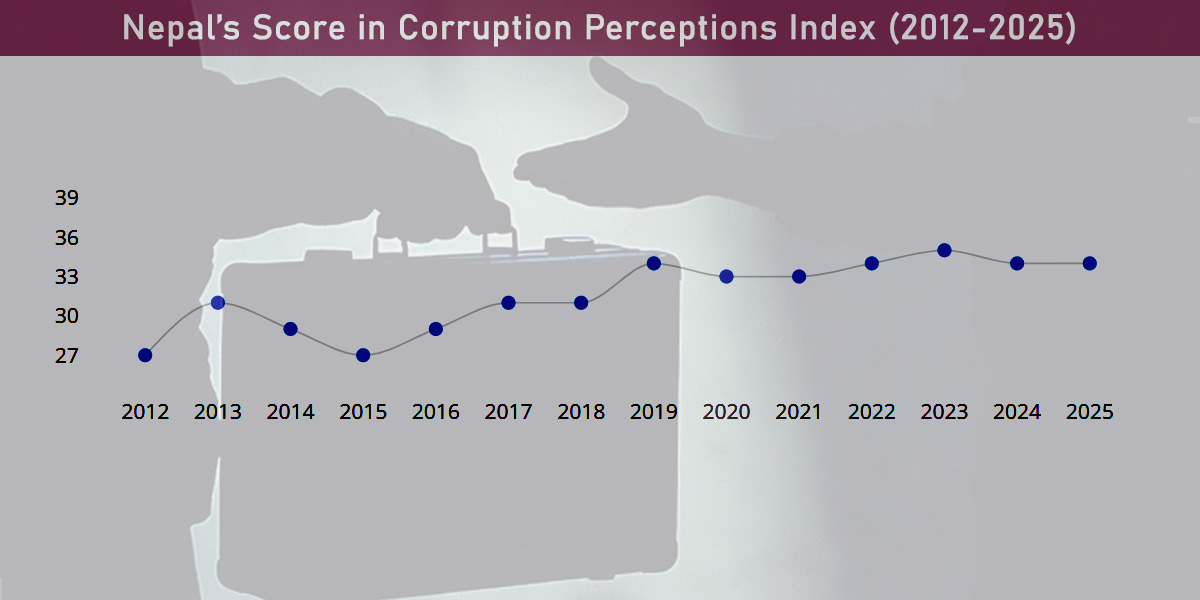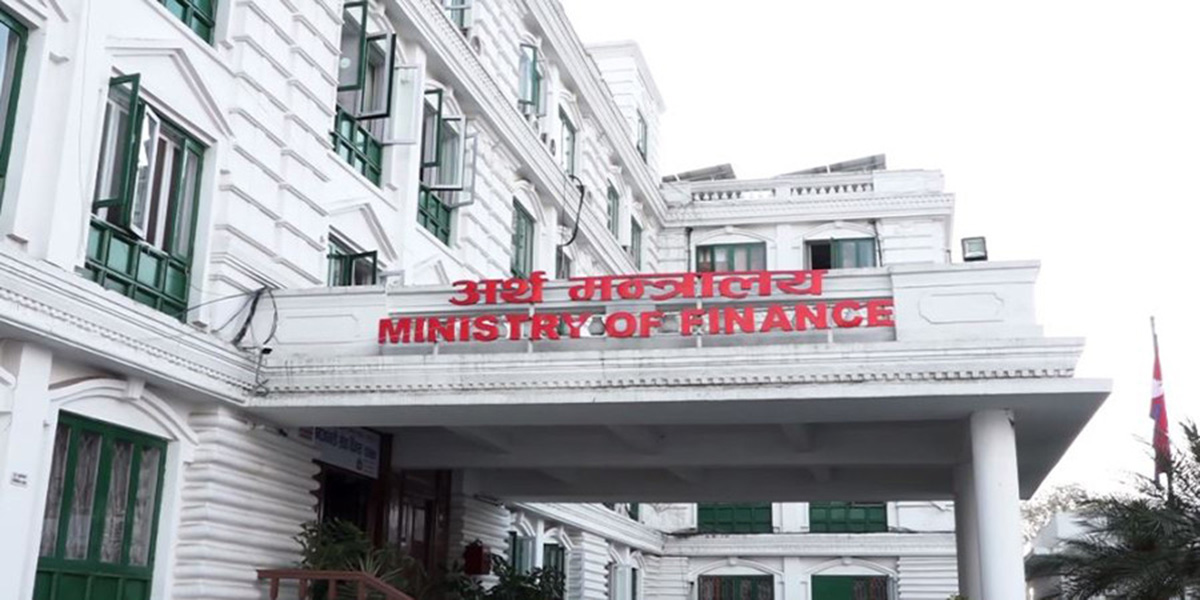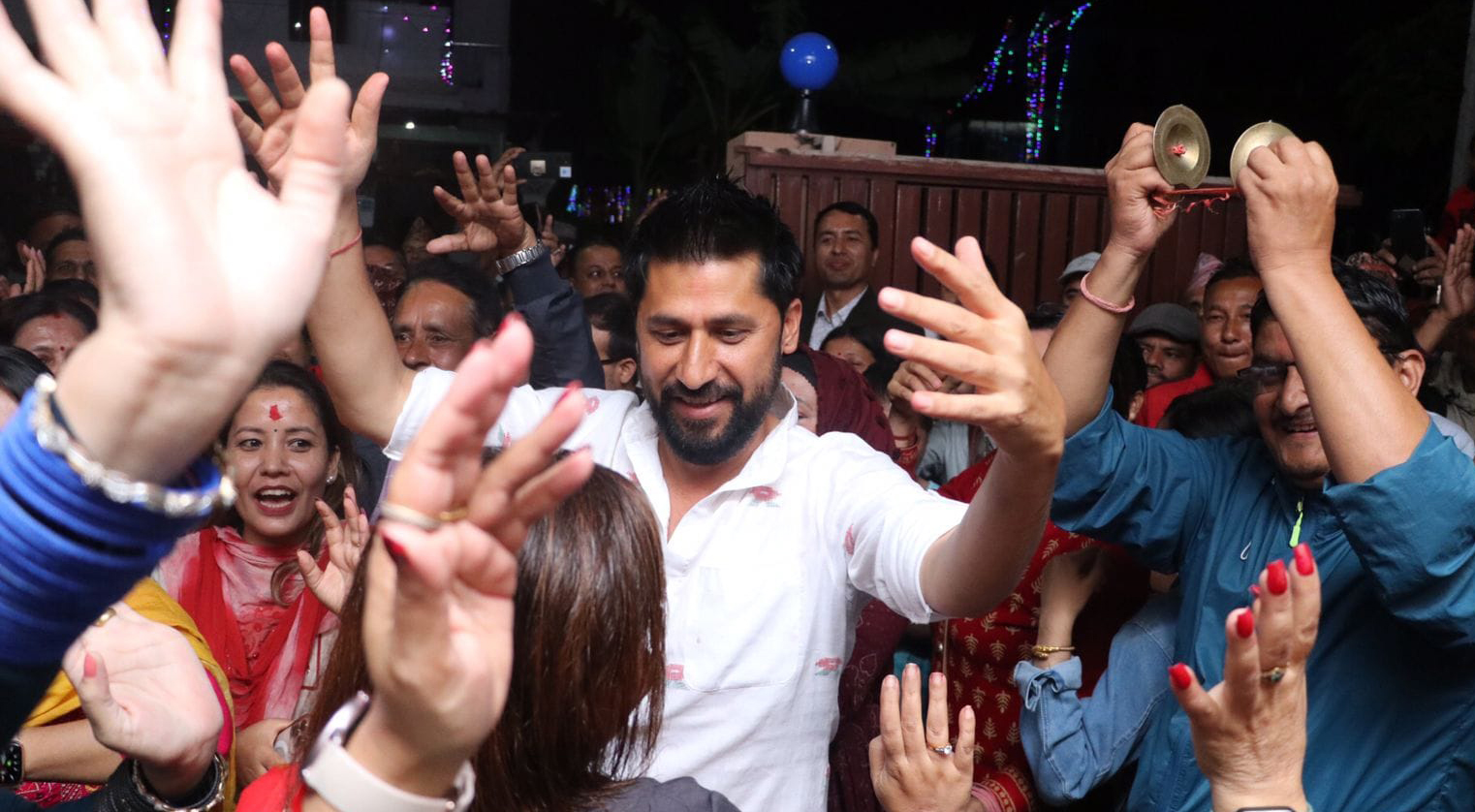 Photo: Rabi Lamichhane's Facebook page
Photo: Rabi Lamichhane's Facebook page
KATHMANDU: Rastriya Swatantra Party (RSP) entering the Nepali political scene with a bang if the preliminary counting results of votes of the House of Representatives are anything to go by. The party, which has emerged as an alternative force, is giving a strong fight to candidates of big political parties all over the country.
The preliminary counting results hint that RSP will establish itself as a strong political force. Most of the founders of RSP are individuals established in other professions or businesses, not party politics. Despite this, people’s verdict seems to be in favor of candidates of this party.
Every party has its basic tenets. Political agendas, ideologies and principles are the founding pillars of political parties. It is on the basis of these ideologies that people understand how these parties will govern the country and what their development plans are.
RSP, which fielded candidates across the country within less than six months of its establishment and is about to win sizable seats in the parliament, is not clear on these issues. Despite this, it has managed to win people’s support. Why did people like the RSP which is trying to emerge as an alternative force? There are a few reasons.
Aversion toward mainstream parties
Most of the mainstream parties – be it Nepali Congress, CPN-UML, CPN (Maoist Center), or the newly formed CPN (Unified Socialist), Janata Samajbadi Party and Loktantrik Samajbadi Party – are led by the same person for a long time. Instead of the country’s prosperity, economic development, corruption control and political stability, political games have been the identity of these leaders. These parties have been showing indifference to national issues. Further, the political culture of these political leaders is fast eroding. People are fed up with nepotism and extreme factionalism in the leadership of these parties. These leaders have failed repeatedly on issues related to people and nationality. Its direct impact has been felt in development and people’s livelihood.
People’s aversion expressed on social media platforms reflects this. These parties never promoted the younger generation to the policy-making level. Had there been even little efforts to amend all these and put in place a leadership succession plan, people would have been optimistic toward the political parties. But the parties didn’t do anything in this direction.
As the leaders continued to put their personal interests before political principles and ideas, people had started looking for alternatives for a long time. New parties like Bibeksheel, Sajha and Naya Shakti failed to come up with agendas that could win people’s hearts. Amid all these, a new party, which was formed in June, has emerged as a new hope for people.
Voice against federalism
The RSP didn’t field any candidates in the province assembly election. RSP Chairman Rabi Lamichhane has set an agenda of strengthening district administration instead. People are disappointed with the activities of province governments, their economic burden and the never-ending struggle for power. The leaders of mainstream political parties did not do anything to address this dissent. But RSP did.
Even though the ruling coalition partner Rastirya Jana Morcha (RJM) and pro-monarchy Rastriya Prajatantra Party (RPP) say they are against federalism, they have been fielding candidates in province assembly elections. Therefore, people do not have faith in these parties. RSP is silent on the vacuum that will be created if federalism is scrapped. Because the scrapping of federalism will raise questions on this constitution.
Agendaless NC, Maoist
NC, which has made democratic socialism its main agenda since its establishment, and CPN (Maoist Center), which has been advocating for the proletariat class despite enjoying parliamentary democracy, had formed a coalition for the election. There is no similarity in the political principles, ideologies and backgrounds of these parties. Still, these parties join hands for the greed of state power. People were clear about their intentions from the very beginning.
People, who have been Maoist supporters for years, have been asked to vote for Nepali Congress, while those who grew up following democratic ideology have been made to vote for the Maoists. This has raised questions on the political agendas of both parties. Also, this has shown to what extent parties can go to get state power. But no leader has felt it necessary to answer questions raised by the people on this alliance.
Some NC leaders had opposed the coalition initially. But their voice couldn’t become stronger. On the other hand, there is no leader who can challenge the decision taken by Maoist Center Chairman Pushpa Kamal Dahal.
UML benefiting!
UML is not far behind when it comes to factionalism and greed for state power. Since the party with similar principles and ideologies joined hands with the coalition led by NC, UML was forced to forge an alliance with small parties. The UML joined hands with regional parties like JSP as well as the pro-monarchy RPP.
The alliance with small parties means UML could field more candidates compared to NC and UML. NC is contesting in only 90 seats of the House of Representatives as it had to allot seats to four other coalition members. UML has fielded candidates in 141 seats. This gives an edge to UML.
Deprived of the opportunity to vote for their party, devoted NC cadres voted for candidates of RSP and independent candidates or rebel candidates. But voters of UML didn’t have to look for other alternatives. Therefore, UML is likely to get good votes in proportional representation (PR) voting.
Powerful right forces!
Be it UML, RSP or RPP. All these parties are seen as right forces in contemporary politics. Instead of these right forces, the ruling coalition with progressive agenda should have been attractive for voters. But the preliminary results show the country is tilting toward the right forces.
If the final results are similar to the preliminary results, the alliance of UML, RPP and RSP is certain to form the government. Should this happen, KP Sharma Oli will become prime minister yet again. If RSP and RPP manage to get 10-15 candidates each, a government with UML looks more likely.
NC to be blamed for its slide
NC, which has ruled the country for most of the time since the political change of 1990, was consigned to one of its biggest defeats in 2017. NC got the opportunity to lead this government only after the two left parties, which had unified to form a majority government, split.
Though NC performed comparatively well in the government, it couldn’t make people optimistic. The coalition with Maoist, CPN (Unified Socialist) and Rastriya Jana Morcha and Loktantrik Samajbadi Party formed to sideline UML inflicted more damage on the party. NC could have performed better in the election had it contested individually. By staying in the opposition for five years, it could have strongly raised its agendas before the voters.
People voted for NC in 1991, UML in 1994, NC in 1999, Maoist in 2008, NC in 2013 and UML in 2017. People, who have been voting for different parties in every election, seem to have chosen RSP this time. It is clear that change is what people are wishing for, not any individual or party. Therefore, the RSP’s rise can be termed obvious.


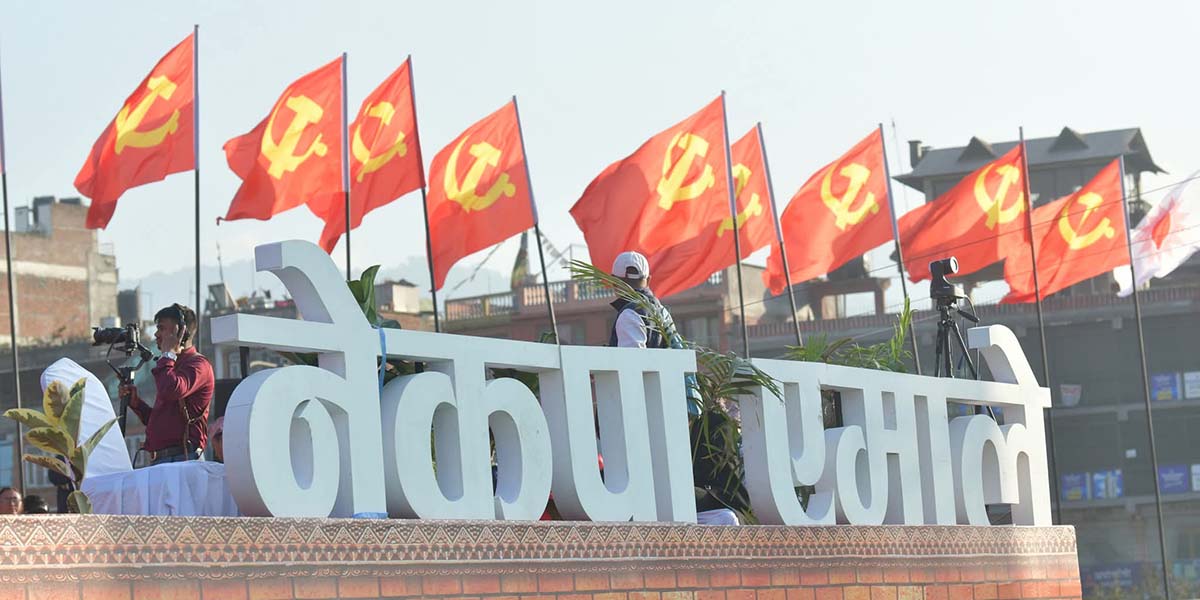
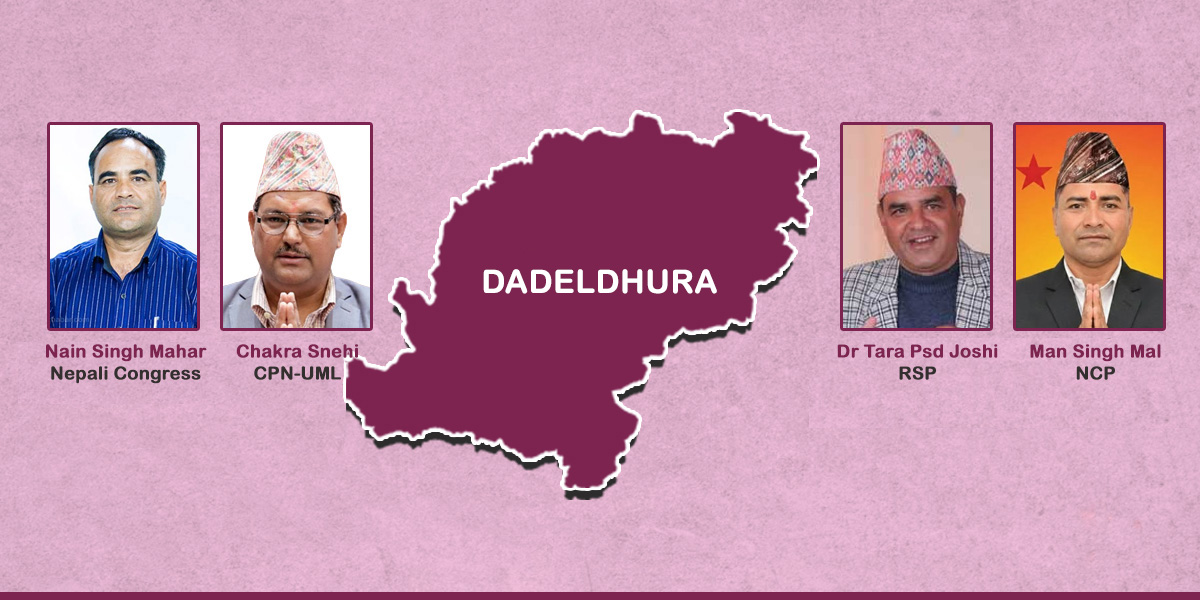
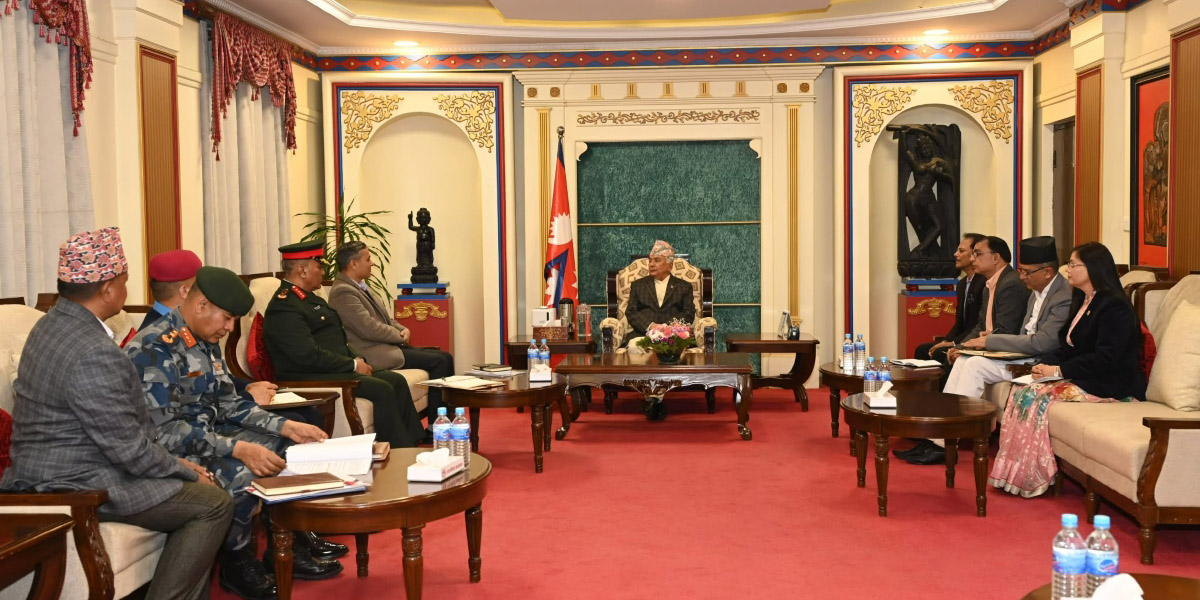
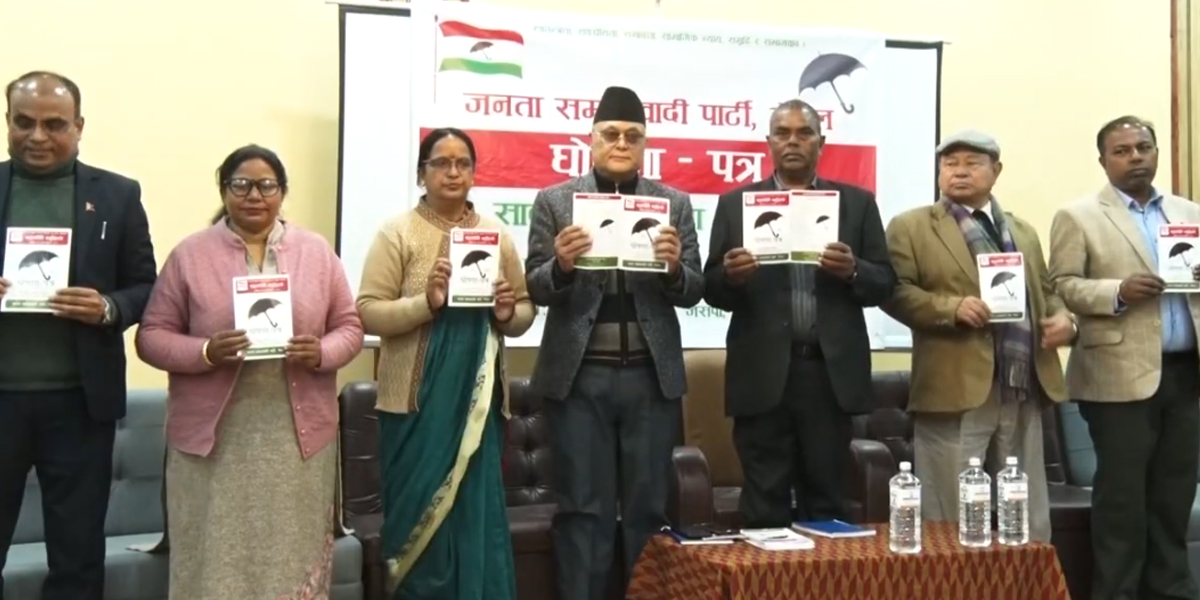
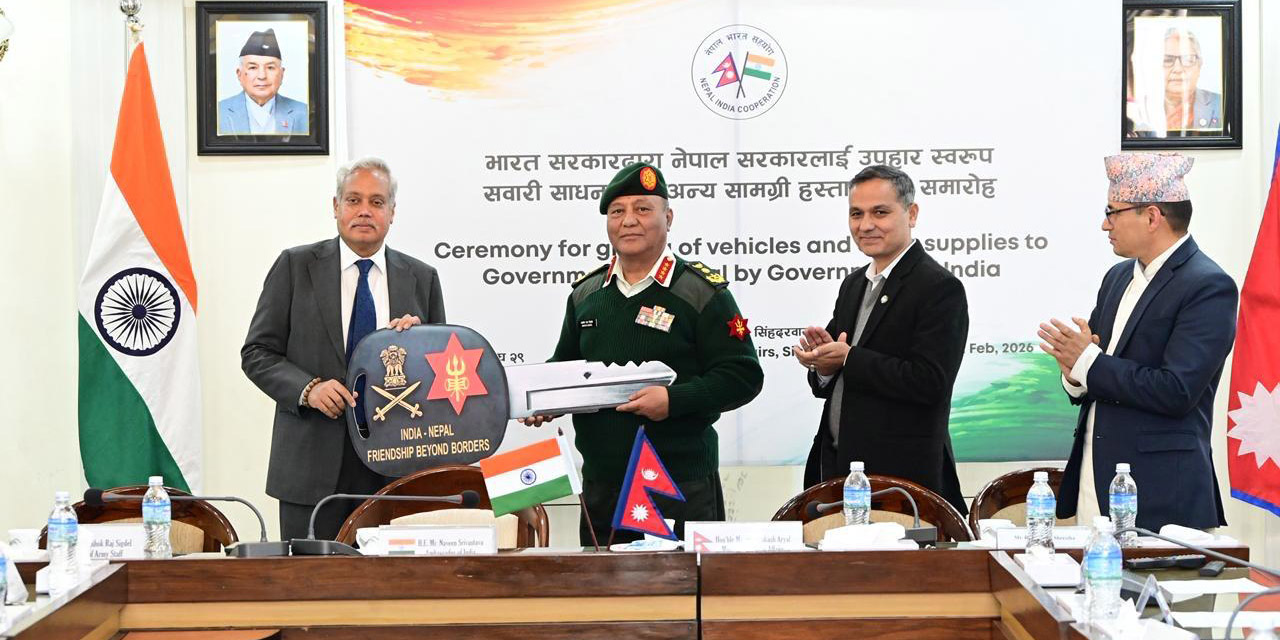
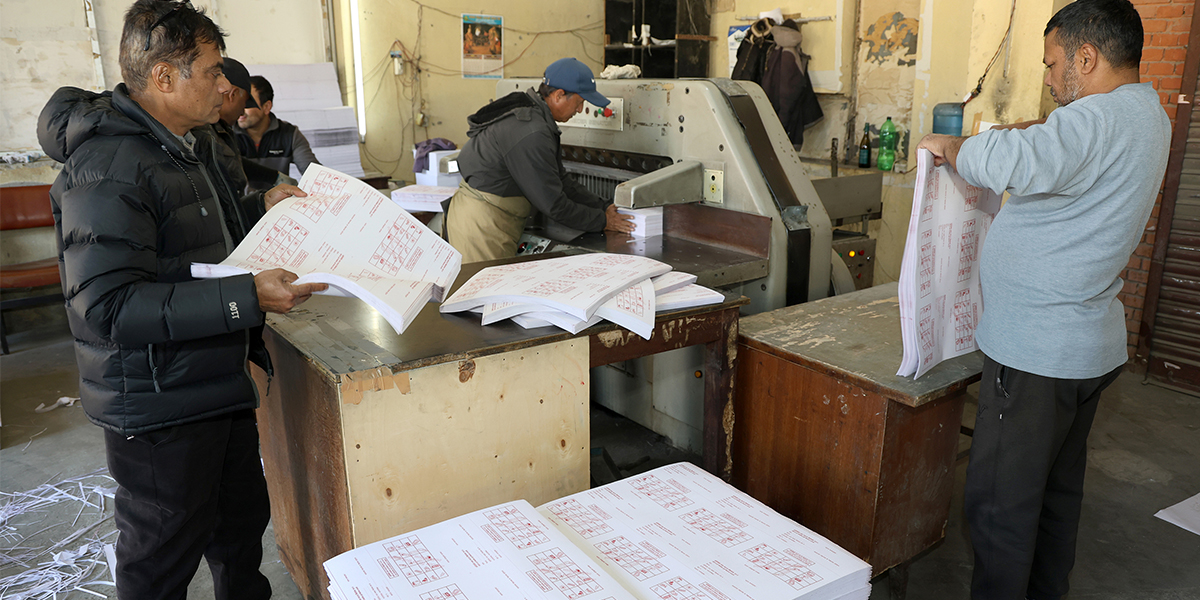
![Maha Shivaratri being celebrated across the country [With Pictures]](https://en.himalpress.com/wp-content/uploads/2026/02/HRB_KTMImage2026-02-15at7.37.40AM1.jpg)





